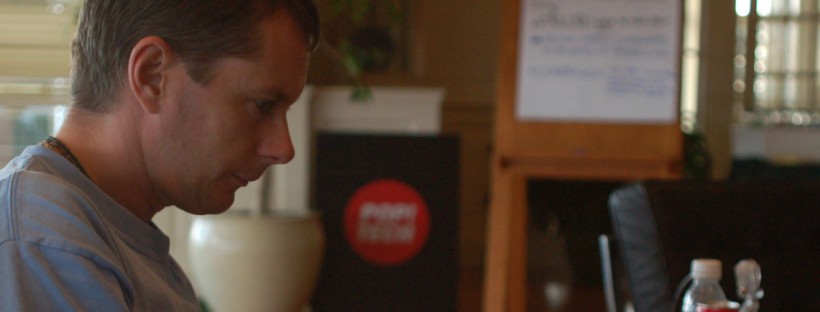In “Mobile Telephony: Leveraging Strengths and Opportunities for Socio-Economic Transformation in Nigeria” (a book which I blogged about last year), Christiana Charles-Iyoha sheds some fascinating light on the barriers to mobile ownership among Nigerian market traders. Erratic power supply, and difficulty charging, came top with a staggering 87%.

Users in many African countries – and not just those in rural areas – face similar problems. In Uganda, this “charging challenge” is being met head-on by a growing band of local entrepreneurs and business people.
Rural users are able to charge their phones from a car battery (top image), charged up by a local entrepreneur when power is available, or charged in a nearby town with better supply and transported back. In urban areas, where grid power is generally more reliable, kiosks (bottom image) dotted around local markets provide charging services to passing customers.
The spread of mobile technology in developing countries has opened up income-generating opportunities on a massive scale. But what is most interesting is how local entrepreneurs have taken advantage of this growth using their own skills and ingenuity. According to the Uganda Communications Commission, the telecoms sector there provides direct employment to a little over 6,000 people. Indirect employment – which includes mobile charging entrepreneurs, airtime vendors, accessories sales-people and mobile repair shops – comes to a staggering 350,000.
Classic grassroots, bottom-up business development, and not a hand-out in sight.
(These, and other images of mobiles in use in developing countries, can be found in the Mobile Gallery. For further examples of African ingenuity at work, visit AfriGadget.com).


Fascinating how the challenge of providing power for cell phones is sparking such an entrepreneurial reaction– and how many of the solutions manage to combine what we think of as high and low tech (e.g., the HAPY, a donkey cart with solar panels).
Hi Ken,
Very interesting stuff. About a year ago I was in Nigeria for one month. Although I found most people there are very positive about the cellphone, there were also people who said it places an extra burden on them. (Extended) family and relatives can now more easily than before contact mobile workers far away from home and ask for support (send money home). Add in the great trick to “wire” money by texting a prepaid voucher number to someone far away, who then resells it to one of the many commercial roadside mobile phone boots, and it is clear that the mobile phone also reenforces ties to the ‘home”. In that sense, mobile phone developments in Africa may be said to reinstate traditional cultural practices. Quite ironical, when you look at the tendency to phrase the “mobile phone revolution” in Africa in terms of business opportunities, transparency, and (economical) progress.
Africa’s grassroots mobile revolution – a traveller’s perspective
It didn’t take us long to find it. After all, mobile phone masts aren’t that easy to hide, and Masindi is a tightly-knit, flat little west Ugandan town. After a few short minutes, driving past … Read More
http://www.receiver.vodafone.com/20-africas-grassroots
Africa’s grassroots mobile revolution – a traveller’s perspective
It didn’t take us long to find it. After all, mobile phone masts aren’t that easy to hide, and Masindi is a tightly-knit, flat little west Ugandan town. After a few short minutes, driving past … Read More
http://www.receiver.vodafone.com/20-africas-grassroots